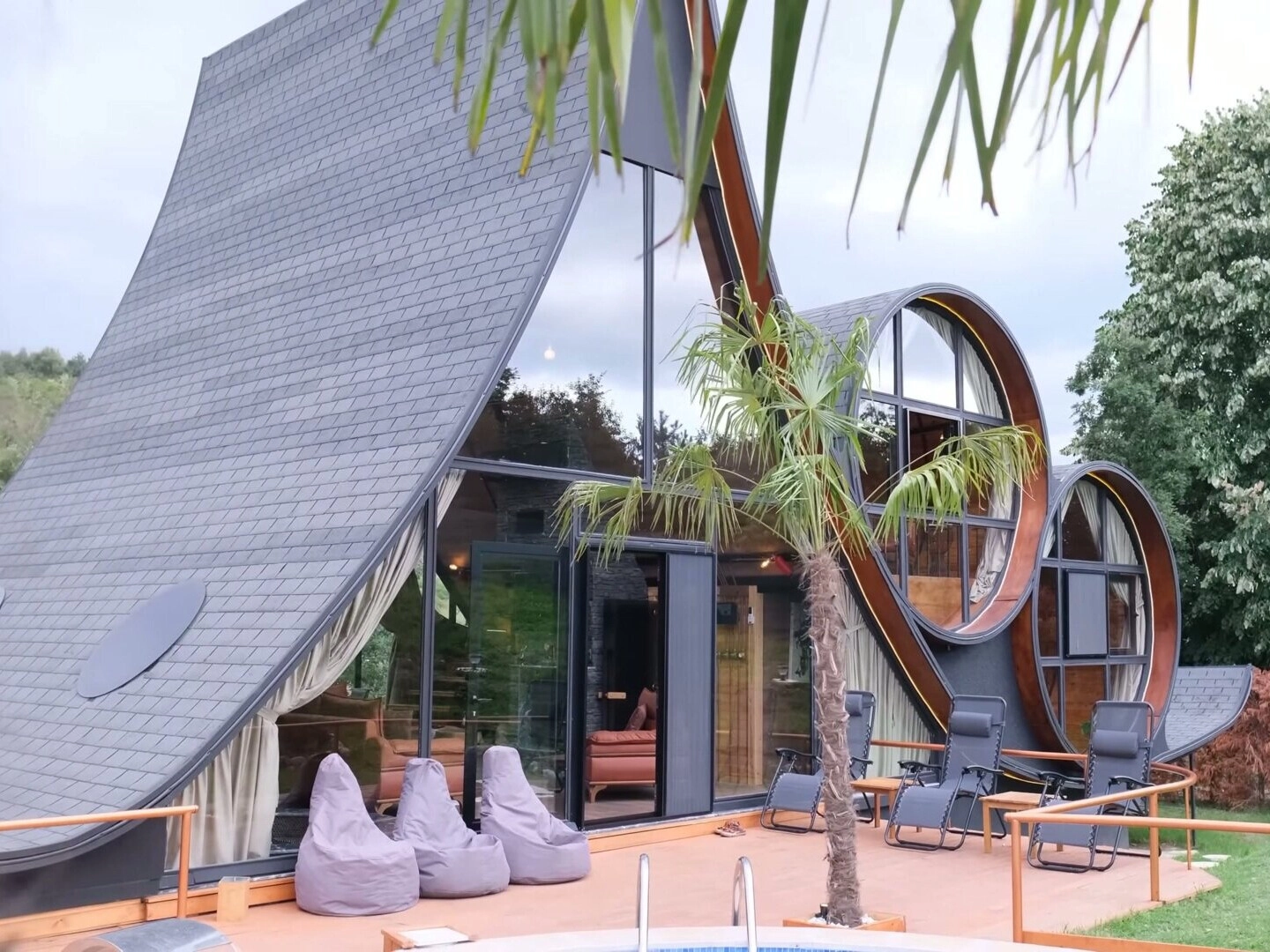What if you could experience the serenity of a Japanese Zen garden without leaving Turkey? How would minimalist architecture and mindfulness practices transform modern living? Turkey is about to witness a revolutionary real estate project—the country's first Japanese Zen Village. This ambitious development promises to blend Eastern philosophy with contemporary living, offering residents a unique lifestyle centered on peace, simplicity, and harmony with nature.
The Concept Behind Japan's Zen Philosophy in Turkey
The Japanese Zen Village in Turkey is inspired by the ancient principles of Zen Buddhism, which emphasize mindfulness, simplicity, and a deep connection with nature. The project aims to recreate the tranquil atmosphere of traditional Japanese villages, where every element—from architecture to landscaping—is designed to promote inner peace.
Developers have carefully studied famous Zen gardens like Kyoto's Ryoan-ji and incorporated their essence into this Turkish adaptation. The village will feature rock gardens, koi ponds, and meticulously pruned trees, all arranged to evoke a sense of balance and stillness. This isn't just about aesthetics; it's a deliberate effort to create an environment that encourages meditation and self-reflection.
Real-world application: Similar projects in Portugal and Canada have shown that Zen-inspired communities reduce stress levels among residents by up to 40%, according to wellness studies. The Turkish version aims to achieve comparable results while adapting to local cultural contexts.
Architectural Marvel: Minimalism Meets Functionality
Shoji Screens and Tatami Floors
The residential units will showcase authentic Japanese design elements like sliding shoji screens and tatami mat flooring, adapted for Turkish living standards. Architects have worked with Japanese consultants to ensure cultural authenticity while meeting modern comfort requirements.
Sustainable Materials
Construction will utilize sustainable materials such as bamboo, reclaimed wood, and energy-efficient glass. The roofs will incorporate traditional Japanese kawara tiles made from local clay, blending Eastern tradition with regional resources.
Example: The community center will feature a chashitsu (tea ceremony house) built using ancient Japanese joinery techniques without nails, demonstrating how traditional methods can solve modern construction challenges.
The Wellness Ecosystem: More Than Just Housing
This project transcends conventional real estate by creating a comprehensive wellness ecosystem. Residents will have access to:
- Daily guided meditation sessions in purpose-built zendos (meditation halls)
- Traditional Japanese onsens (hot springs) with mineral-rich waters
- Kaiseki (seasonal cuisine) cooking classes
- Shiatsu and Reiki healing centers
The village will employ certified Zen masters from Japan to conduct regular workshops, ensuring authentic transmission of practices. Preliminary studies suggest such integrated wellness communities can decrease healthcare costs by 25-30% for residents.
Economic and Cultural Impacts
This pioneering project positions Turkey as a leader in alternative living solutions, potentially attracting:
- Wellness tourists from Europe and the Middle East
- Japanese expatriates seeking familiar environments
- Digital nomads looking for mindful workspaces
Local artisans will benefit from workshops teaching Japanese crafts like kintsugi (golden repair) and washi paper making, creating new economic opportunities. The development is projected to increase regional property values by 15-20% within three years, based on similar projects' performance in Portugal.
Implementation Challenges and Solutions
Climate Adaptation
Turkish seasons differ significantly from Japan's, requiring adaptations like:
- Insulated tatami mats for winter
- Modified garden irrigation systems
- Hybrid onsen technologies
Cultural Integration
Developers are conducting cross-cultural training for staff and creating bilingual signage to ensure smooth operation. The project includes a cultural center to facilitate mutual understanding between Japanese traditions and Turkish hospitality.
Case study: The successful integration of Japanese ryokan elements into a Swiss wellness resort demonstrates this model's adaptability across cultures.
The Future of Mindful Living in Turkey
This Zen village represents just the beginning of Turkey's foray into philosophy-driven real estate. Developers are already planning:
- Expansion phases with Zen-inspired coworking spaces
- Agricultural communes practicing sustainable farming
- Retreat programs for corporate wellness
Early interest suggests 70% of units could sell before completion, indicating strong market demand for mindful living solutions. As urban stress reaches critical levels globally, Turkey's Japanese Zen Village offers a timely antidote to modern life's chaos.






